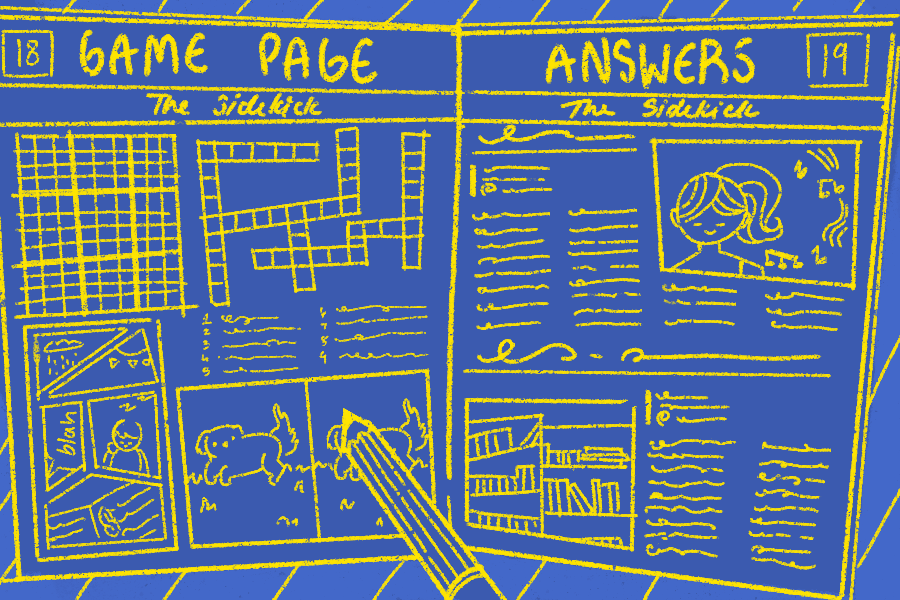Mary Whitfill
Features Editor
Chris Reagen
KCBY
Finals week is known to bring caffeine binges, study sessions, large amounts of money spent to support the Starbucks franchise and the realization that high school isn’t always a walk in the park.
With the additional stress and workload coming with the last week of the semester, many students are forced redesign their study habits and figure out a way to manage everything that is suddenly placed on their shoulders.
As a student at CHS, I am no stranger to cram studying, late night essay writing and three hour class study sessions at Starbucks on a Sunday afternoon. I am used to watching my fellow students try to memorize 50 years worth of history in 50 minutes and panicking when they find a mistake in the essay they printed out at lunch and are supposed to turn in by the end of the day.
While these procrastination habits are never encouraged, students are forced to face the reality of their own lack of preparation when finals week triples their workload.
“I usually don’t study for finals at all, but freshman year taught me that finals were crucial to my grade,” senior Caroline Lowry said. “I had to figure out which finals I really needed to study for and which ones wouldn’t affect my grades that much.”
Final exams are worth one seventh of a student’s semester grade in a class. With seniors being the only grade level that is exempt from first semester finals, a majority of CHS students begin to realize how important their final exam grade is to their semester average. This realization tends to be accompanied by a desperate need to revise study habits and manage stress in a more productive way.
“Finals week is always the time when the apathetic suddenly begin to care about their grades,” English teacher Matthew Bowden said.
Students are not the only people of CHS who are forced to handle an intense amount of stress during finals week, with teachers and administrators also feeling the pressure of schedule changes and important grades.
“As a teacher, the most stressful part of this week is grade crunching and working with those students who are on the bubble between exemptions and having to take the final or between passing and failing,” Bowden said.
As students discover the most effective way of studying for finals, grades go up and stress levels go down.
“I have to prioritize,” Lowry said. “I also have learned to study in order of the tests being taken. You study harder for the tests that are sooner and then you move down the list.”
While some students have been known to find this form of organization helpful, others find refuge in more long-term types of preparation.
“I just begin decently far in advance with reading and re-reading the material I need to know,” junior Jahnavi Udaikimar said. “The more I familiarize myself, the easier it is to remember.”
In addition to veteran test takers, freshman slowly adjust to the changes high school brings, adapting to the heavy workload and figuring out how to study for these types of all inclusive tests. Most middle schools lack tests that are equivalent to finals, making the concept foreign and intimidating.
“Coming back from Christmas break, I dreaded having to take finals,” freshman Elliot Tostrud said. “They have thrown off my whole schedule and completely stressed me out.”
As finals week comes to a close, students are discovering what tactics work best for them. Be it writing and re-writing, recording CDs of history facts or meeting up with friends to exchange notes, students are innovative and original when it comes to the best studying strategies.








